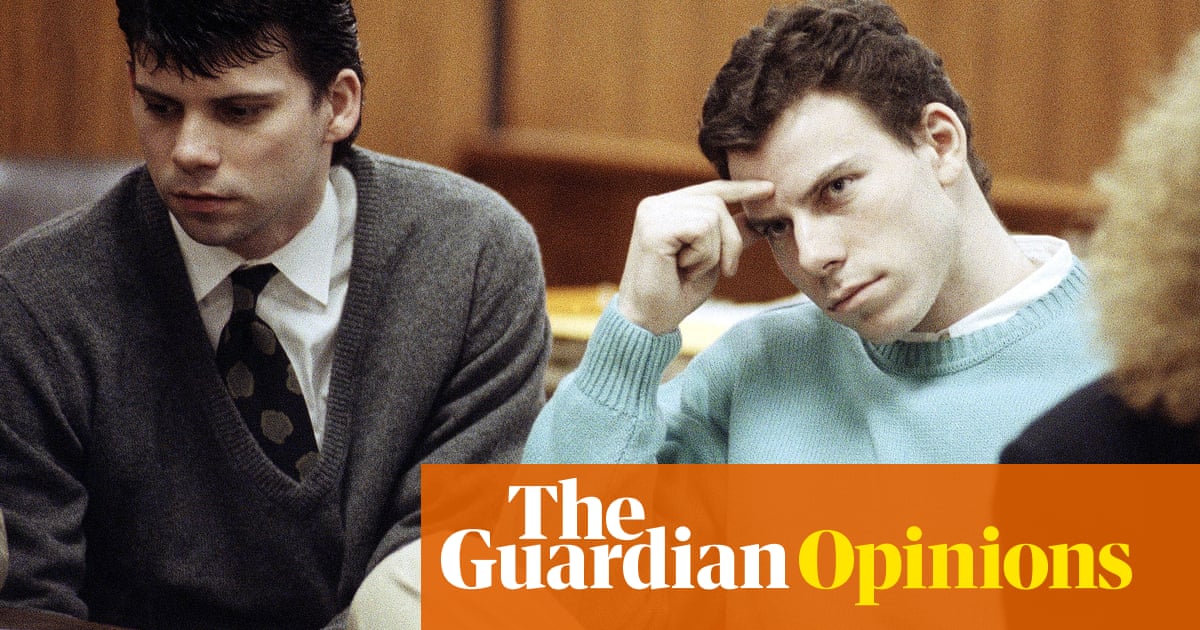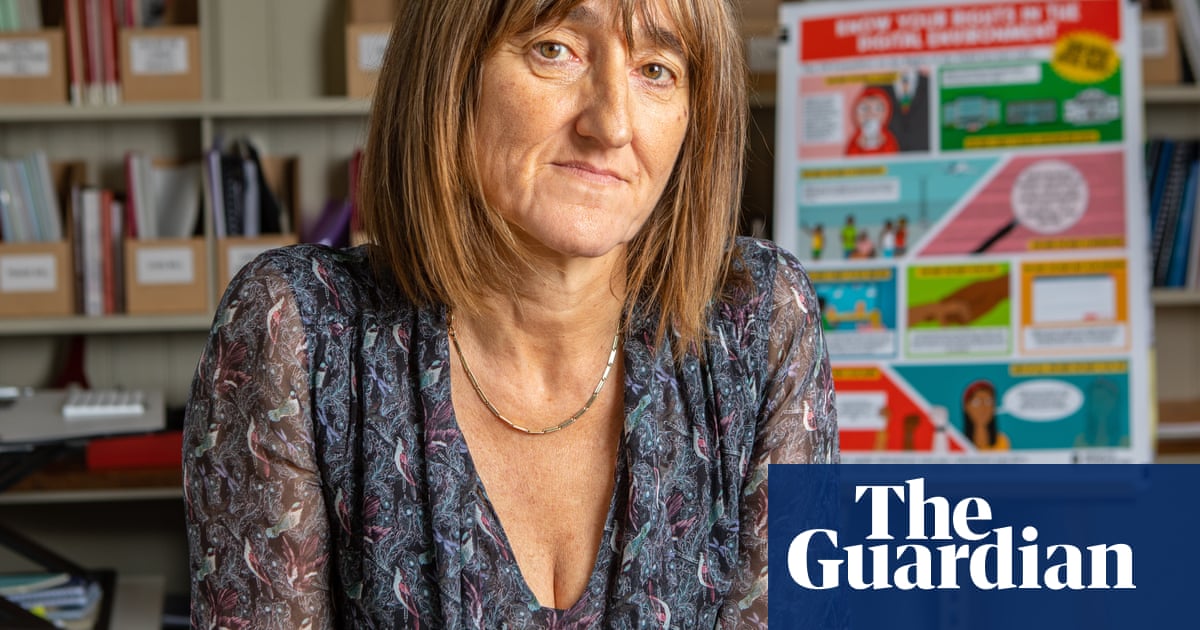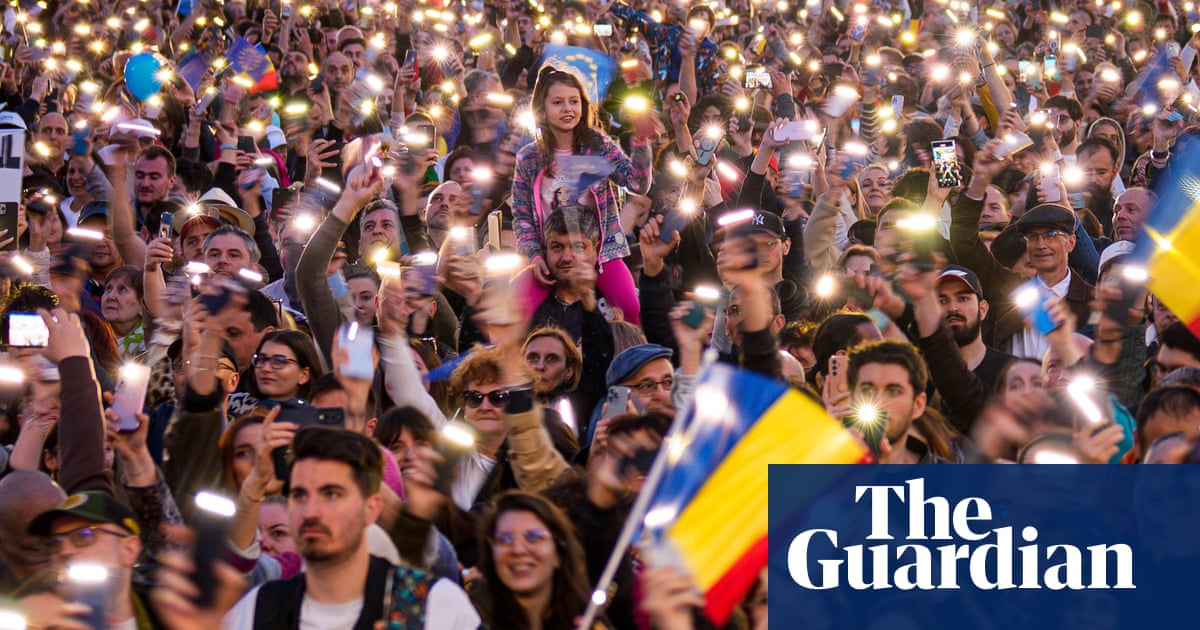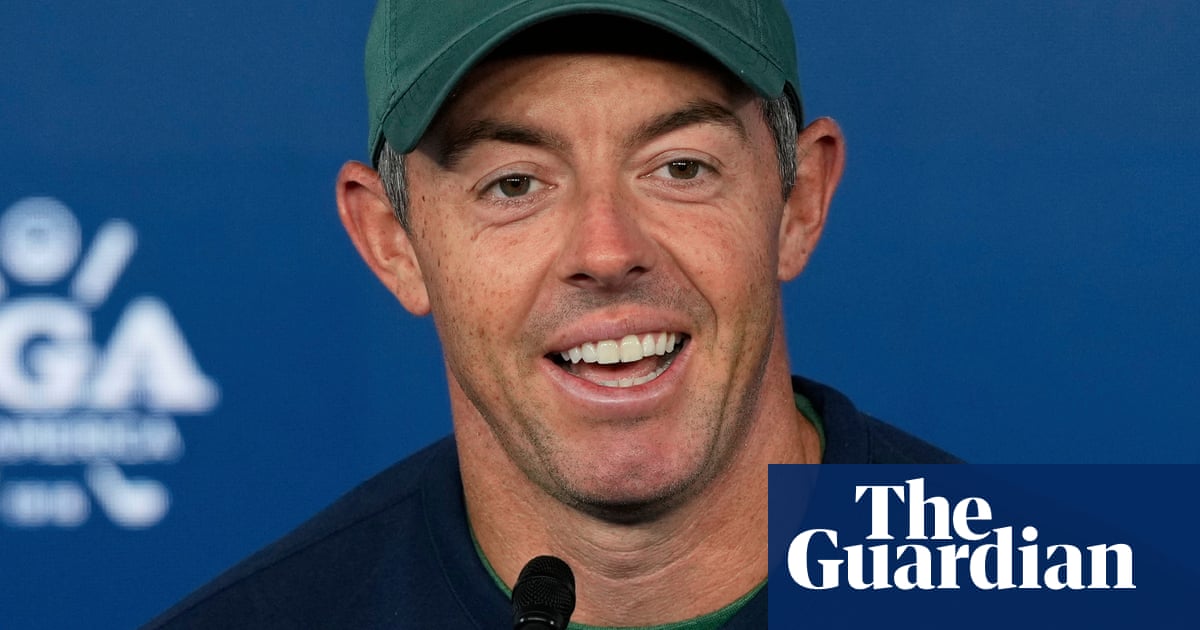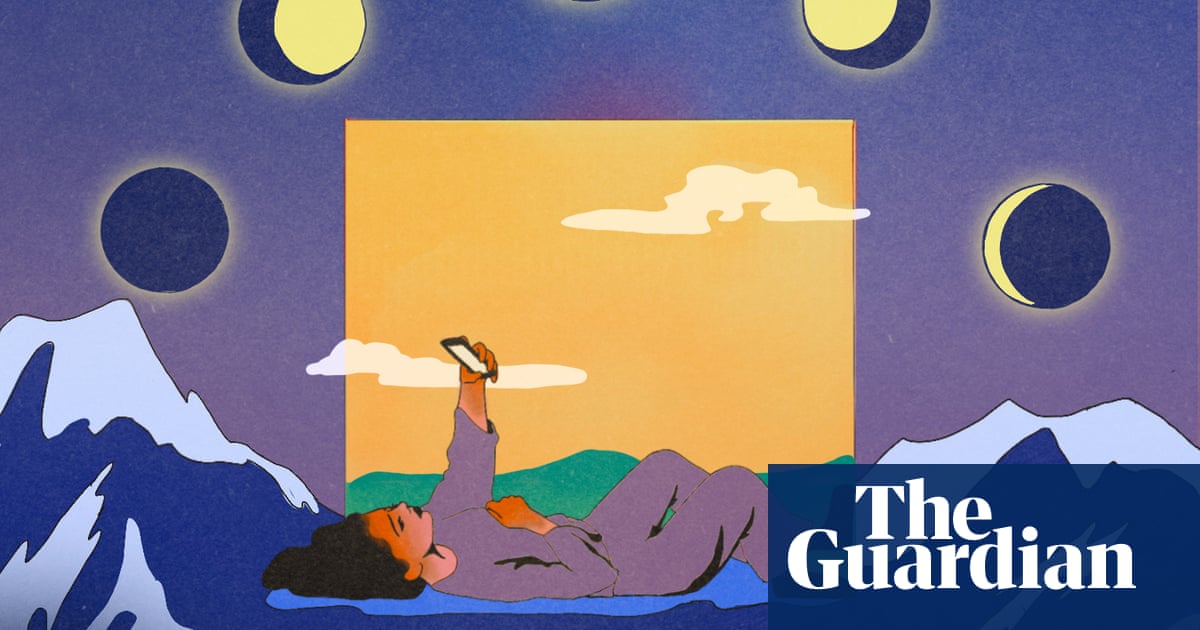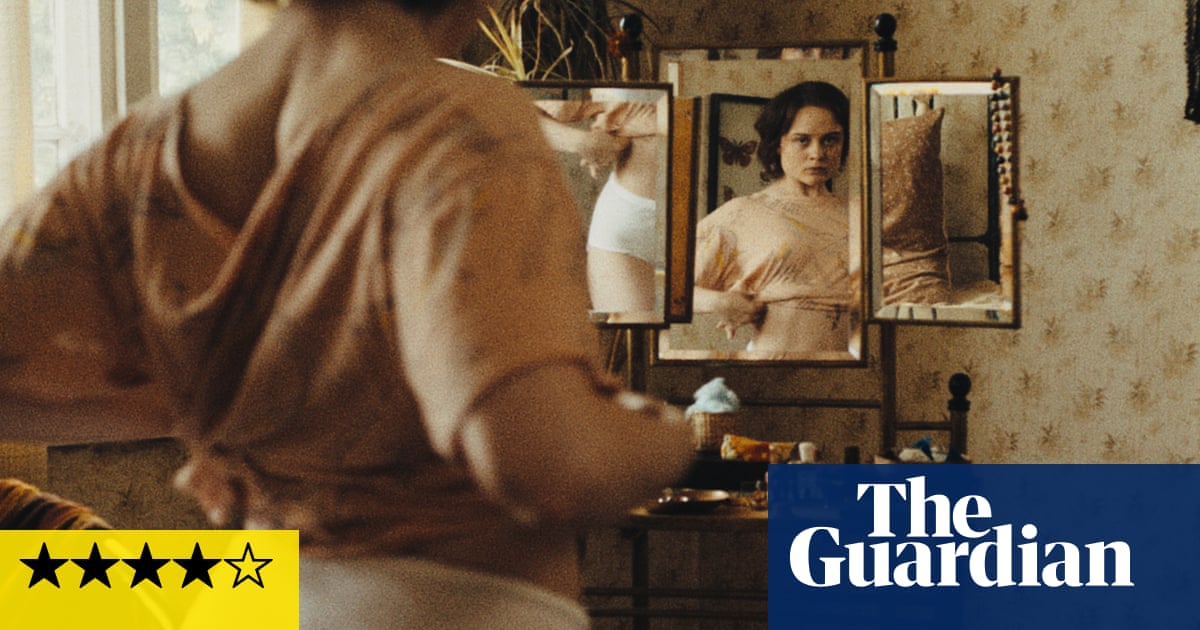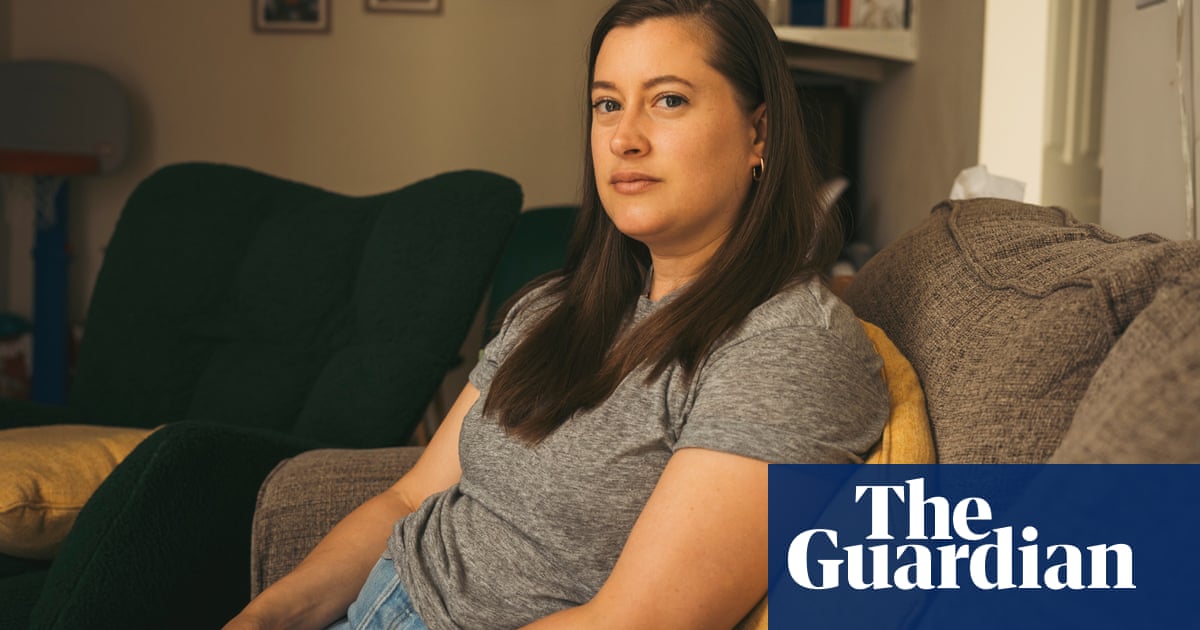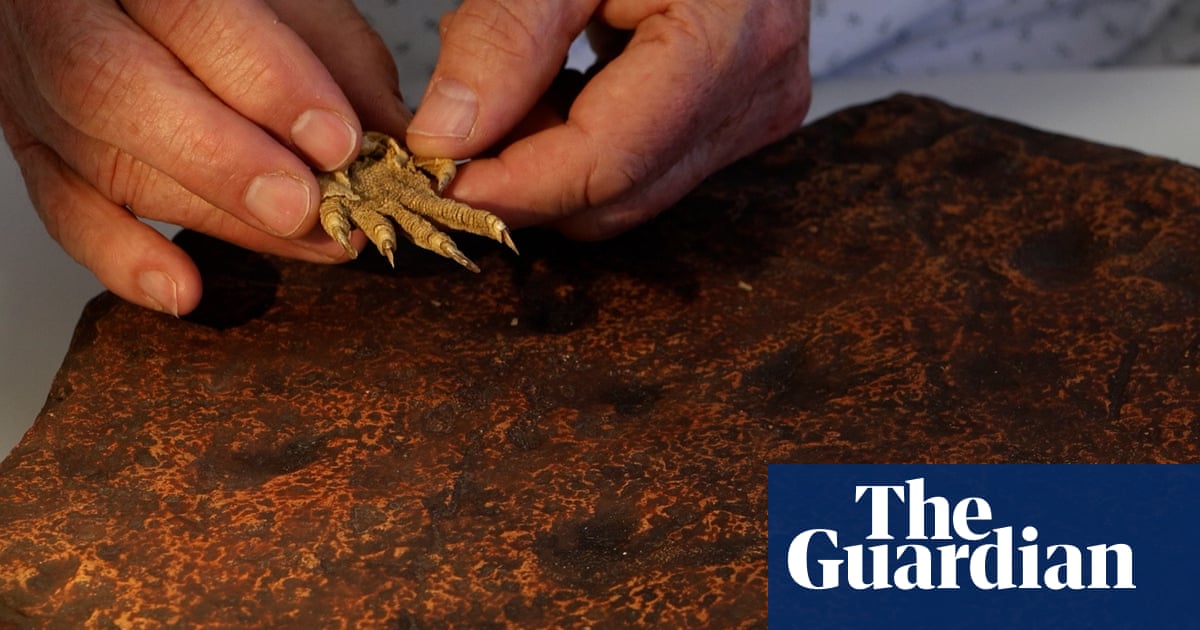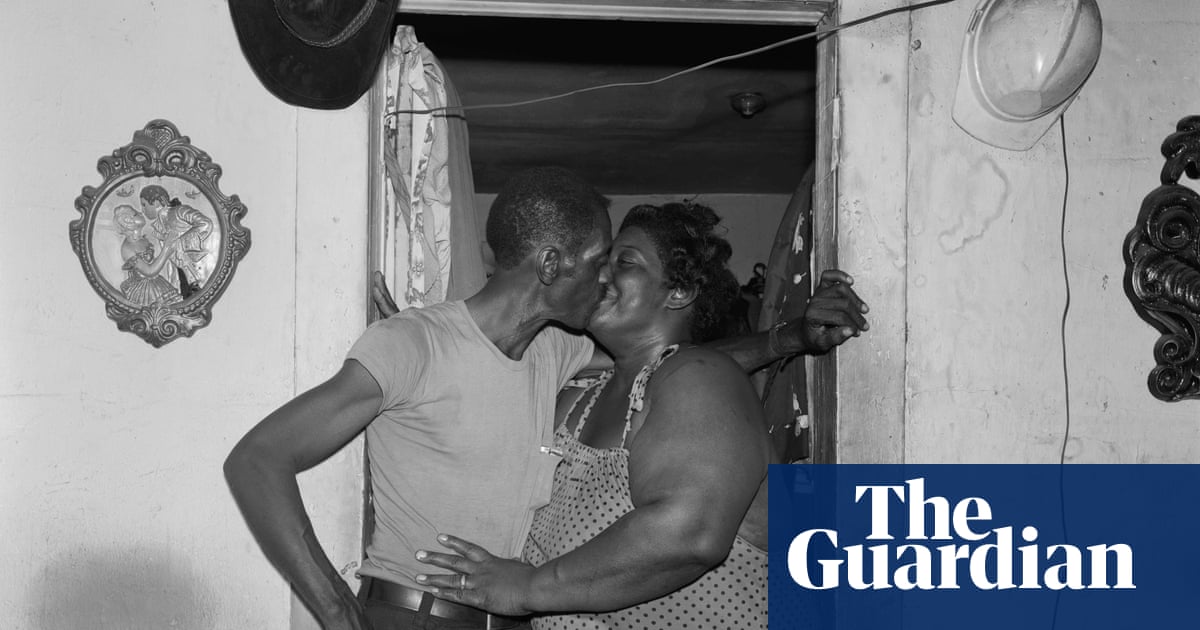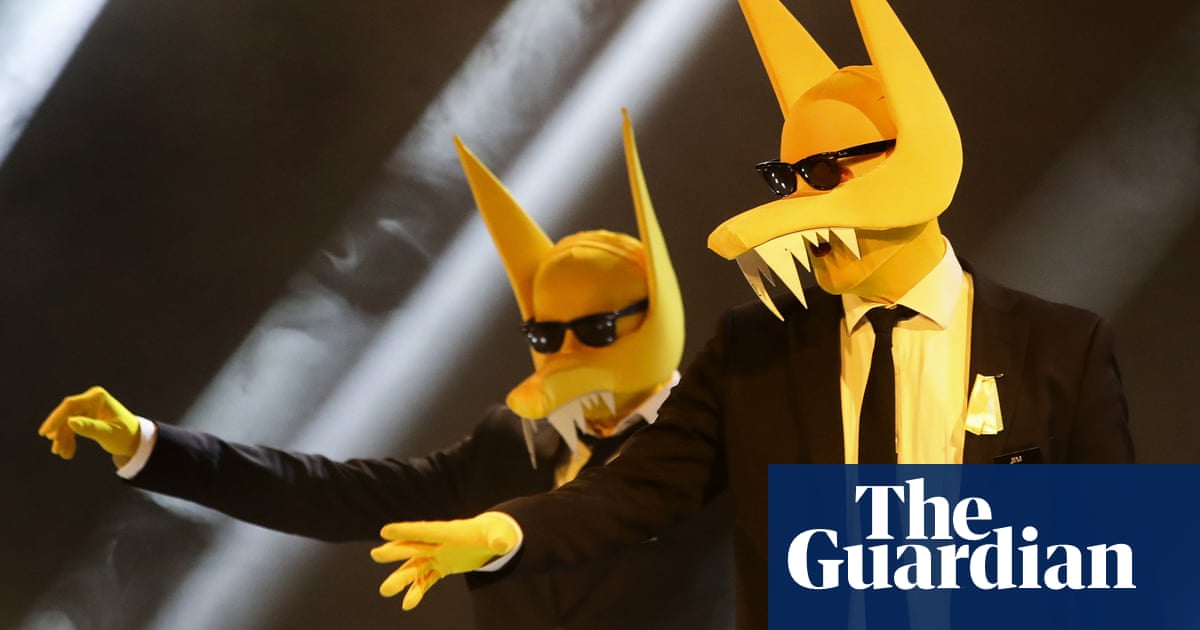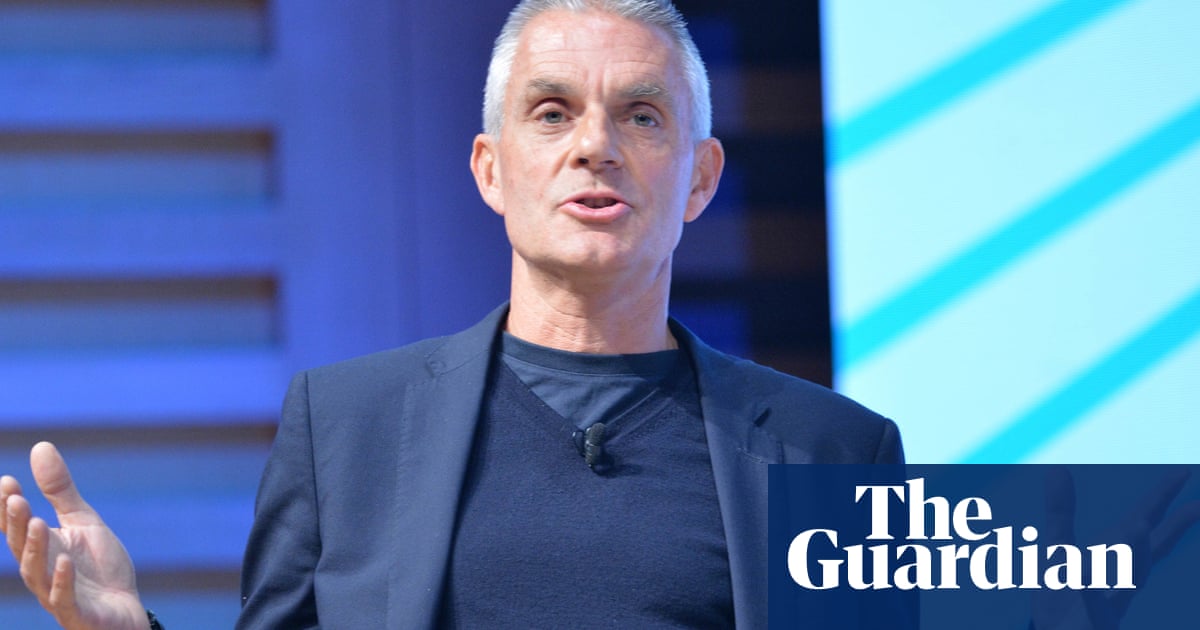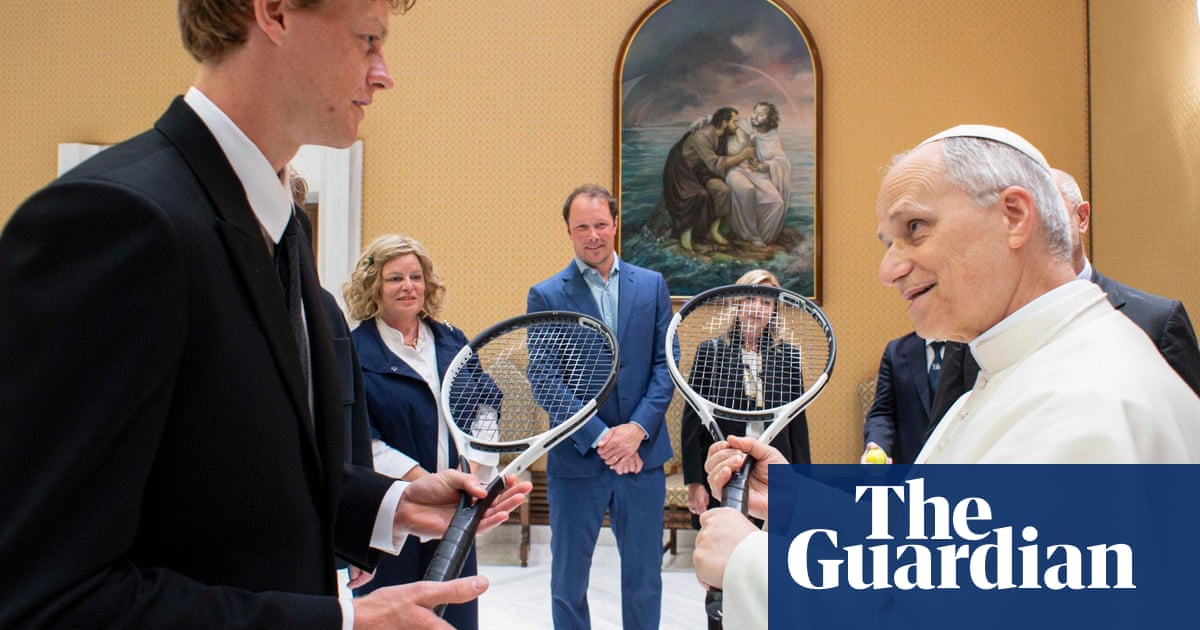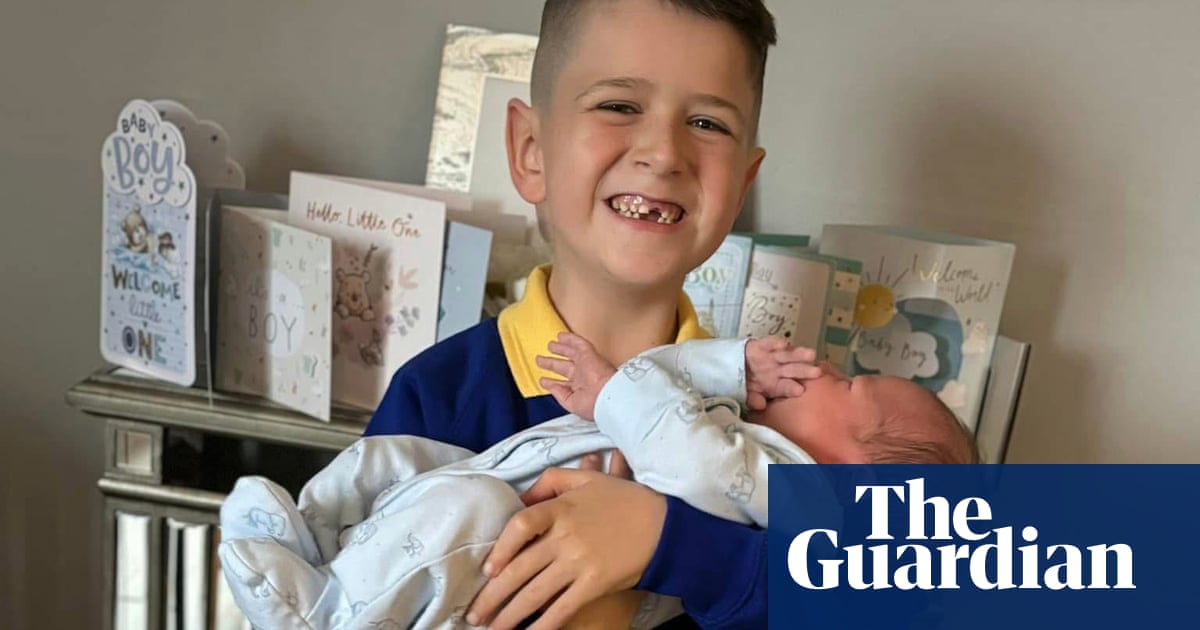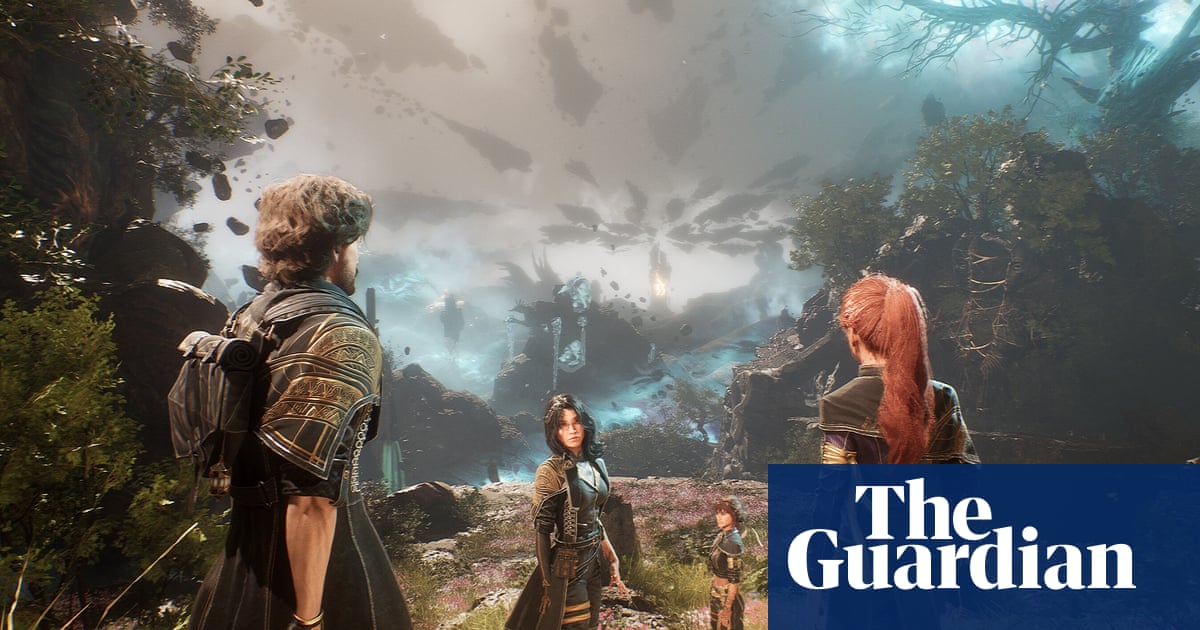It’s been two decades since the release of Garden State, Zach Braff’s film about an alienated young actor’s struggle to find meaning in life. But while the movie itself became a cult classic, perhaps its biggest legacy is its soundtrack, which went platinum, won a Grammy and became a cultural touchstone among a certain subset of the American population.
So it was no surprise that, when Braff announced a 20th-anniversary concert celebrating the album, at which each of its dozen or so artists would perform, tickets were going for hundreds of dollars. This was Woodstock for elder millennials – at least a certain swath of us who, when the soundtrack came out in 2004, found an outlet for our big teenage feelings in bands like the Shins, Frou Frou and Iron and Wine. All three were among the performers at Los Angeles’s Greek Theater on Saturday evening (technically nearly 21 years after the album’s release). The concert raised money for the Midnight Mission, a century-old LA charity fighting homelessness.
One of the film’s most memorable scenes features Natalie Portman handing Braff a pair of headphones, telling him the music he’s about to hear “will change your life, I swear”. At the show on Saturday, it was clear her words hadn’t just applied to Braff’s character. The Greek was packed with fans, including a strong contingent of cool-dad types; there were beanies, graying sideburns and jeans whose width would make gen Z shudder. Several people were wearing trash bags in honor of another of the film’s best-known scenes.

Braff, who curated the soundtrack and organized the concert, began the night by lamenting Portman’s absence – she couldn’t make it from her home in Paris, he said, as she joined him on stage. She was one of a host of surprise guests, who also included Danny DeVito, Sarah Paulson, and Donald Faison and Sarah Chalke of Scrubs, where Braff got his start. Taylor Swift was not there, but she contributed a signed guitar to be auctioned for the cause.
The first performance was the last track on the album: Winding Road, an acoustic pop song by Bonnie Somerville. Then came Sophie Barker with In the Waiting Line, Zero 7’s mellow contribution, and Cary Brothers with a robust rendition of his song Blue Eyes. Clips from the film and behind-the-scenes footage played as the stage was rearranged between artists.
The Birmingham, Alabama, alternative band Remy Zero reunited for the first time in 15 years to play Fair, from the film’s soundtrack, as well as Save Me, which didn’t appear in the film. “The only person in this world that could get us together is Zach Braff,” said the band’s singer, August Cinjun Tate. Thievery Corporation followed with an infectious performance of the sitar-led Lebanese Blond.

The evening wasn’t without its technical difficulties; there were a few false starts to songs, occasional random audio feedback, and at one point the videos stopped working, so Braff came on stage and did a little dance to fill time. But the minor slip-ups only enhanced the relaxed, casual atmosphere; despite the 6,000-seat outdoor venue, it felt a bit like we were all in Braff’s living room as his favorite artists performed, not out of a sense of duty but for the joy of it. That joy extended to the crowd, who gave standing ovations to virtually every musician. I’d known that people loved the soundtrack in 2004, but I hadn’t been prepared for how that enthusiasm had endured.
Among the evening’s highlights was Colin Hay’s performance of the heartbreaking I Just Don’t Think I’ll Ever Get Over You on a booming 12-string guitar. At 71, he performs with a particular gravitas, and his voice is as powerful as ever. Simon and Garfunkel were shockingly unavailable to play The Only Living Boy in New York, so the Milk Carton Kids covered it, with Braff noting that its chorus, about being gone without knowing where, felt appropriate: “I suppose that’s what I was really trying to write about in my early 20s, this abyss that I felt in my chest.” He added: “I couldn’t see it at the time, but 20 years later I think I can. Writing this story was definitely a callout to the universe … I was looking for like-minded souls who know that sometimes it helps if you can manage to laugh through some of those tears.” He applauded the community that had formed around the film, the tattoos and wedding proposals he’d witnessed, “the babies that were made – you know that you had sex to this soundtrack.”

Next came Iron and Wine’s Sam Beam with his cover of the Postal Service’s Such Great Heights, followed by another of the night’s high points: a duet with Madison Cunningham on Nick Drake’s One of These Things First, with a tease of the Sesame Street theme song that fit oddly well. Imogen Heap and Guy Sigsworth, AKA Frou Frou, reunited for Let Go, as well as an improvised piece based on a melody provided by the audience. But perhaps the most striking performance of the night was another cover: the jazz musician Laufey’s version of Coldplay’s Don’t Panic, with just piano and vocals. Building from a delicate introduction to a powerful chorus, she transformed the two-minute song into a sweeping, dynamic piece that deserves its own release.
Of course, the Shins were saved for last, performing New Slang – as heard in Portman’s headphones – and Caring Is Creepy. The soundtrack helped launch the band’s career; as the singer, James Mercer, said: “It changed my life, I’ll tell you that.”
Reflecting on that line, I found myself unexpectedly moved. Garden State came out at a moment when music was transitioning from physical to digital – it was a brief period in which songs were increasingly accessible, but there was still work involved in tracking them down, and a sense of pride in thinking you’d found an artist your friends might not know about. There was value in obscurity, or the perception of it.
Or maybe that’s just how everyone feels at age 19. Either way, the soundtrack offered many listeners that crate-digging experience – an introduction to artists like the Shins, or even Nick Drake, whose posthumous star was rising – and an invitation to seek out more music that would change their lives.
It’s hard to imagine a film character saying that line today; it’s too fluffy, too idealistic, too 2004. But I’d almost forgotten the feeling existed at all. On Saturday night, for a few hours, it came back.

 1 month ago
31
1 month ago
31
